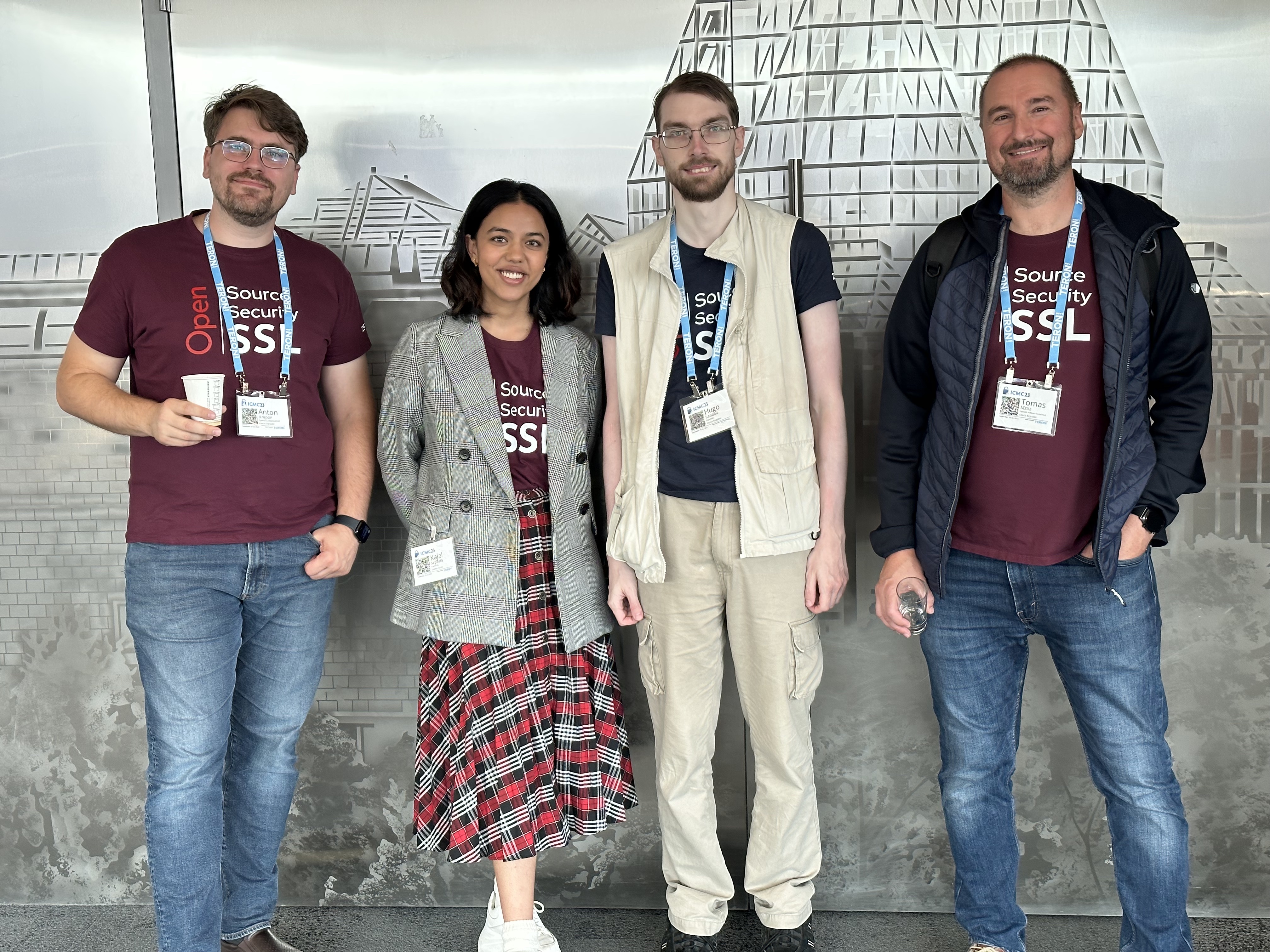UPDATE: Please note this position has been filled.
Job Description
We are seeking a Software Engineer to join our team. As a Software Engineer at OpenSSL, you will play a vital role in sustaining and evolving the core cryptography and network protocol functionality that enables secure communication across the internet. In addition to your technical contributions, it’s essential that you align with and uphold our core values and mission in your everyday professional activities. Your responsibilities will include resolving issues of support customers, as well as working on the OpenSSL toolkit, contributing to the development, debugging, and maintenance of this crucial open-source resource. Your day-to-day tasks will include analyzing and solving complex software problems, collaborating on the design and implementation of secure solutions, and writing and maintaining detailed technical documentation.
Our ideal candidate is someone who is interested in secure communication, has a deep understanding of C programming, and possesses a strong sense of ownership.
This is a remote position. Given the global nature of the project, we require flexibility in accommodating various time zones outside of conventional business hours. In particular, our weekly and daily meetings are generally scheduled within the core hours of 7-11am UTC.
To apply please send your resume to jobs@openssl.org by 17th August 2023.
Applications will be reviewed on a rolling basis. Only candidates selected for interviews will be contacted.








